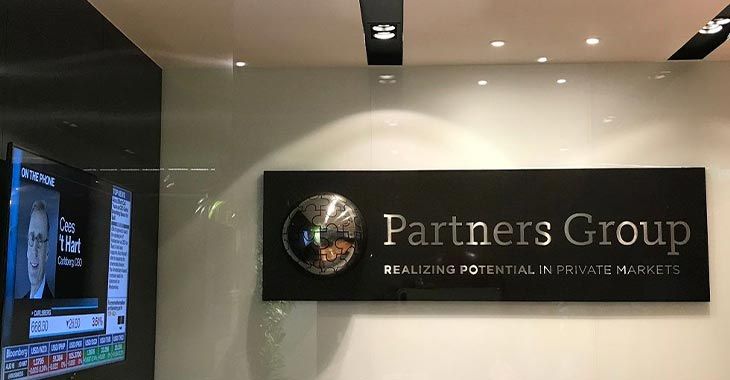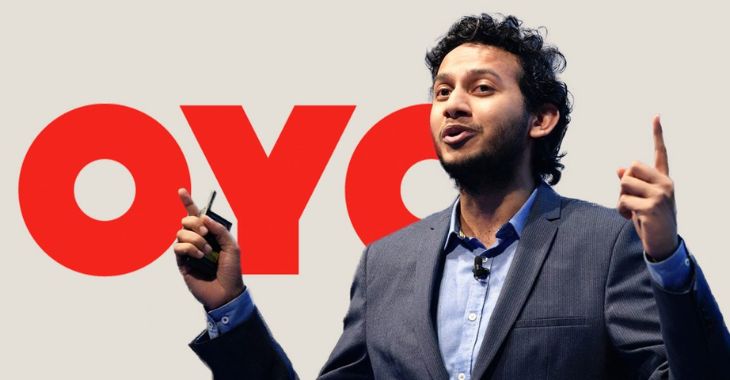Partners Group AG to contribute $300 million for a majority stake in Sunsure Energy
- ByStartupStory | November 30, 2022

According to two people with knowledge of the matter, leading rooftop solar company Sunsure Energy will receive a $300 million investment for a majority stake from Partners Group AG, a private equity (PE) firm based in Switzerland. In the same way that Actis Llp developed the renewable energy platforms Sprng Energy and Ostro Energy, the private equity firm plans to develop Sunsure, one of the largest solar rooftop EPC companies in India, into a green energy platform. The India office of Partners Group, which manages $131 billion in assets globally, is located in Mumbai. It plays a significant role in the logistics company Ecom Express Pvt. Ltd.
Sunsure Energy is a target investment for $300 million from Partners Group “requesting anonymity, one of the two sources above referenced said. Actis Llp’s BluPine Energy, KKR’s Virescent Infrastructure, European alternative asset manager EQT, and Singapore’s state investment company Temasek Holdings Pte.’s O2 Power are a few other clean energy platforms in India supported by private equity investors. In response to your email, a Partners Group spokesperson stated, “We have no comment on this.” Shashank Sharma, the founder and CEO of Sunsure Energy, did not return phone calls or text messages.
Sunsure, a company that was established in 2014, specialises in large-scale rooftop and open access solar facilities that provide electricity to the commercial and industrial (C&I) sector. Large electricity consumers can purchase power through open access instead of relying on a costly infrastructure. These projects are typically protected from risks like discoms’ tariff shopping and restrictions on power procurement. Additionally, India has set a goal of 40 GW of rooftop solar power, with an estimated $30 trillion in total investments in the renewable energy sector by 2030.
In a report released on Monday, Moody’s Investors Service stated that “In India, renewable energy projects (solar PV and onshore wind) have already attained grid parity, where generating costs can be comparable to coal-fired power throughout the course of the project. By giving renewable energy projects priority in power dispatch, government regulations are supporting them even more and lowering demand risk.

The basic customs duty (BCD) of 40% on solar modules and 25% on cells, which went into effect on April 1, the production-linked incentive (PLI) scheme for solar photovoltaic (PV) modules, worth $24,000 crore, and the requirement for domestic content in ministry of new and renewable energy schemes are a few of the government’s most notable initiatives to promote domestic renewable energy. Additionally, in order for a manufacturer’s equipment to be used for government-backed projects and schemes from which discoms purchase electricity, it must be included on the approved list of solar PV models and module manufacturers (ALMM). For India, the National Green Hydrogen Mission, which targets the fertilizer, refinery, and city gas sectors, is also anticipated to change the game.
“In India, the dispatch priority for renewable energy sources will result in a further decline in the use of coal-fired power. In particular, if the nation achieves its renewables capacity addition targets of adding 500GW by fiscal 2030, we anticipate coal power utilisation to decline from 56% over the last three years to below 50%,” the Moody’s report added. India has 163GW of installed renewable energy capacity, and green energy projects have received $78 billion in foreign direct investment. The green energy market in India has also been active. As previously reported by Mint, ReNew Energy Global Plc, which is backed by the Canada Pension Plan Investment Board, is looking to sell 1 GW of operational clean energy capacity; BP Plc, Statkraft, the state-run electricity company of Norway, and I Squared Capital are competing to buy Continuum Green Energy (India) Pvt. Ltd.; and Singapore’s Sembcorp Industries Ltd. is purchasing clean energy platform Vector Green Energy from US private equity firm Global Infrastructure Partners (GIP). Additionally, the BluPine Energy division of Actis Llp purchased the Atha Group’s 404 MW of solar power assets in Kolkata.
Given the Union government’s focus on the developing energy transition, the largest such exercise anywhere in the world, investors from around the world have continued to show interest in India’s clean energy sector, which is increasing. At the G20 conference in Indonesia, Prime Minister Narendra Modi declared that India is on pace to meet its goal of producing 50% of its electricity from renewable sources by 2030. Global investors are also encouraged by India’s Long-Term Low Emission Development Strategy, which was presented to the UNFCCC at COP 27 and included announcements about green hydrogen, ethanol-blend fuels, renewable energy, and e-mobility as potential alternative energy sources.








